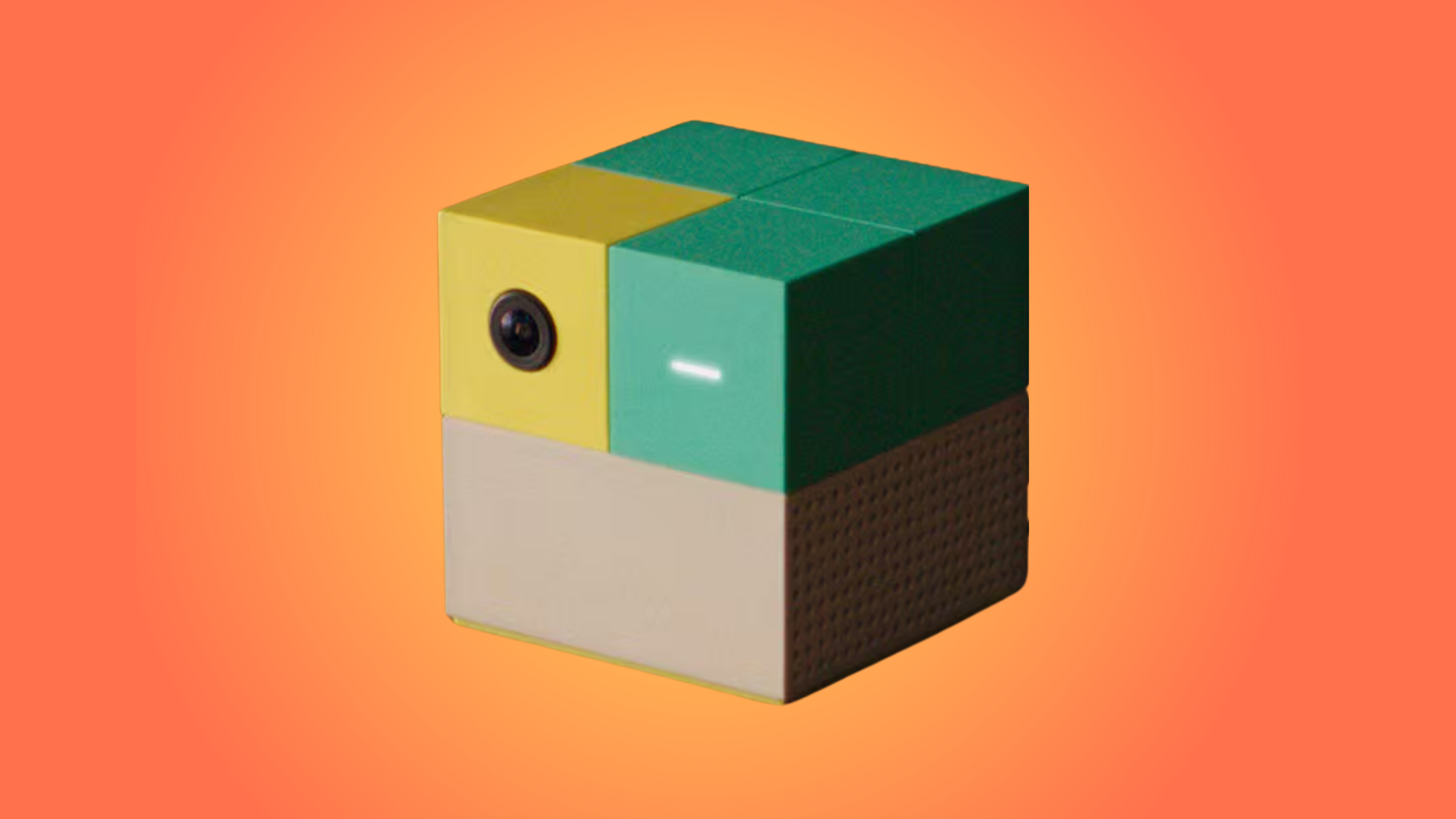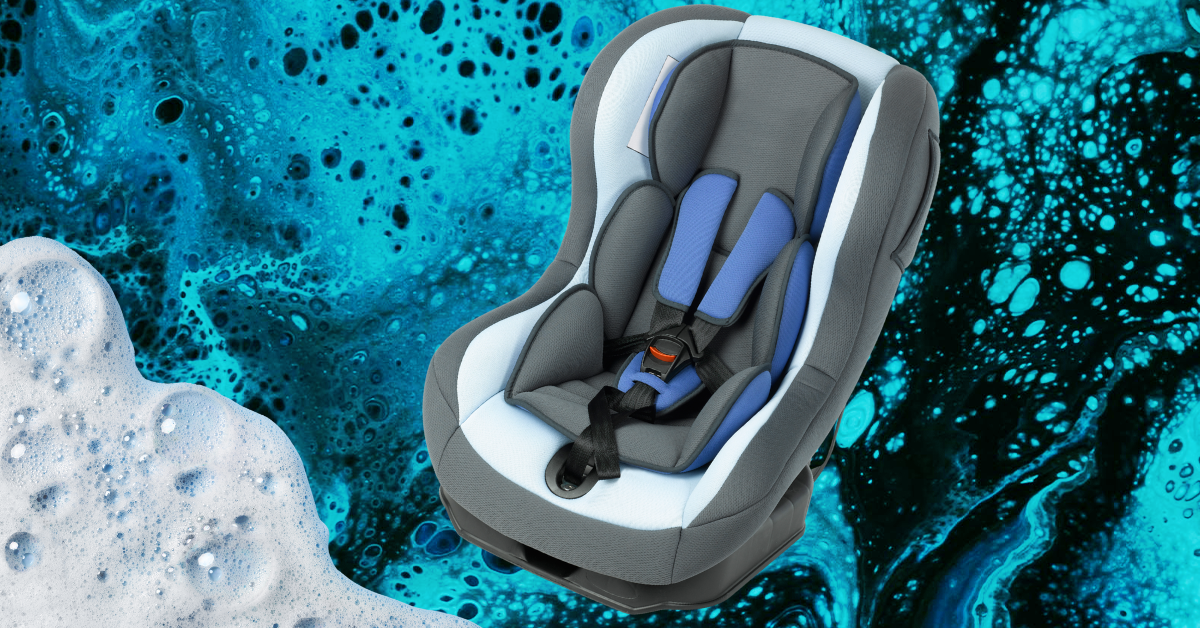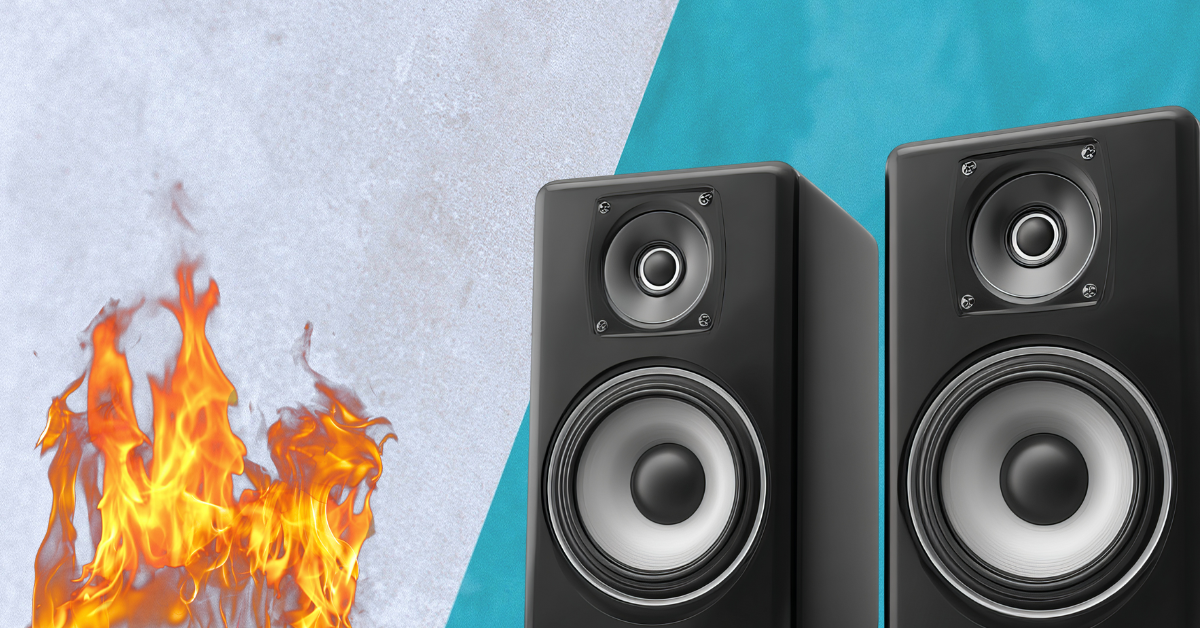What's the Deal?
- Anosmia = complete loss of a sense of smell; parosmia = a distorted sense of smell
- Loss of taste and smell affects 6 out of every 10 covid patients
- One study suggest that as many as 1.6m people in the US who had covid have also had a change or loss of smell lasting more than 6 months
If you've panicked at some point in the last couple of years that your coffee isn't smelling as strong as usual you're not alone.
Loss of smell was found early in the pandemic to be an unexpected but common symptom of covid, making many wary of any changes to smell. For the lucky, smell loss never came or only lasted a few days before returning to normal. But some were less fortunate, and reported a loss of smell weeks or even months post-infection.
That's where Sniffly comes in. Founded by 2 Canadian entrepreneurs who experienced smell loss from covid themselves, the company offers a virtual smell rehabilitation program.
The program is based on a 2009 research paper that showed patients who received olfactory training had better outcomes in regaining their sense of smell than those who did not. Sniffly used the data from the study to determine the best scents patients can use to regain smell, as well as how often they should be practicing.
Sniffly pairs an online, video-based therapy course of interactive recordings with a diary that customers can use to track their progress in regaining their sense of smell. Users pay $5.99 to access the 4-part program.
According to the company's site, most people recover their sense of smell and taste in 3-9 months with smell training.
Along with Sniffly, nonprofit organizations in the UK AbScent and Fifth Sense have emerged to help the increasing number of people dealing with smell loss.
While there have yet to be large, long-term studies proving the effectiveness of smell training, there are currently no other tools for those suffering from smell loss.
And covid isn't the only cause of smell loss radiation treatment, smoking, neurodegenerative conditions, and many other factors can cause anosmia or parosmia so smell training can be a valuable tool for many.
(Have an idea for a Cool AF Business story? Tell us about it here.)
What did you think of this article?
Give Feedback











.jpg?width=48&height=48&name=IMG_2563%20(1).jpg)
%20(1)-1.png?width=524&height=393&name=Hustle-Blog-IMGs---Blog-12%20(1)%20(1)-1.png)